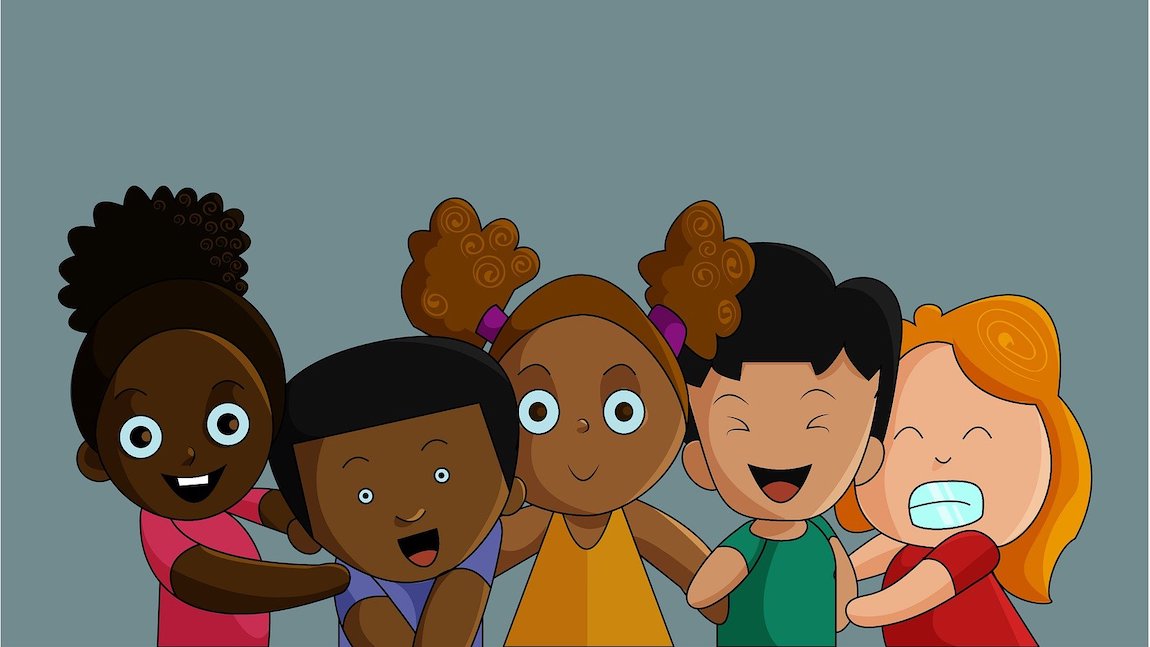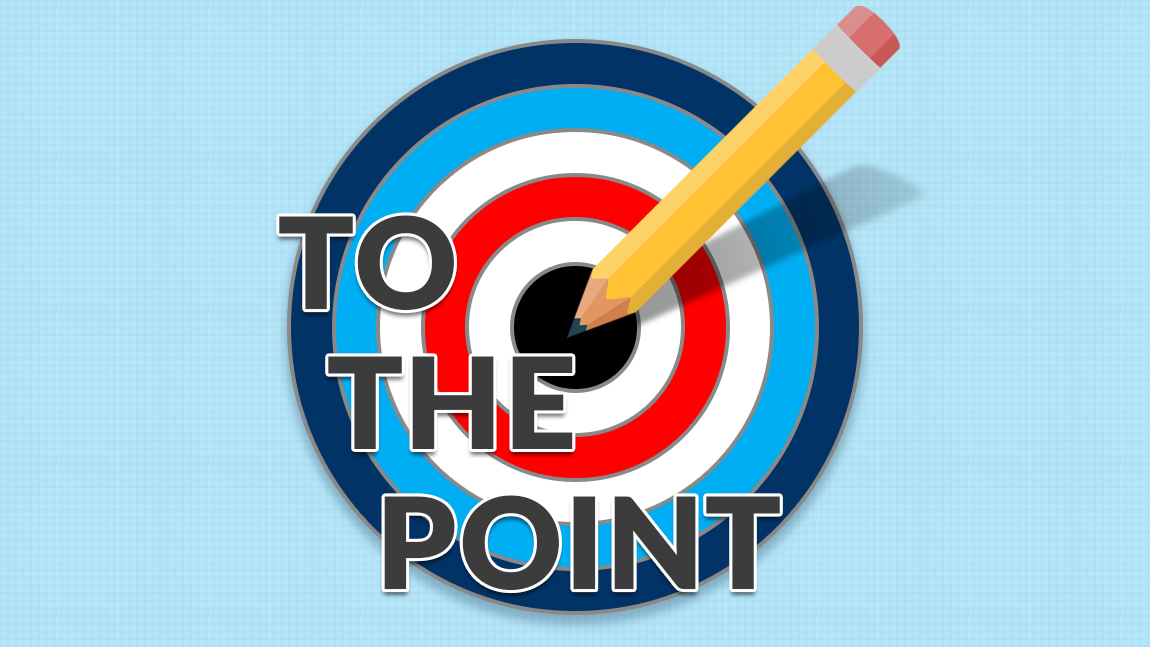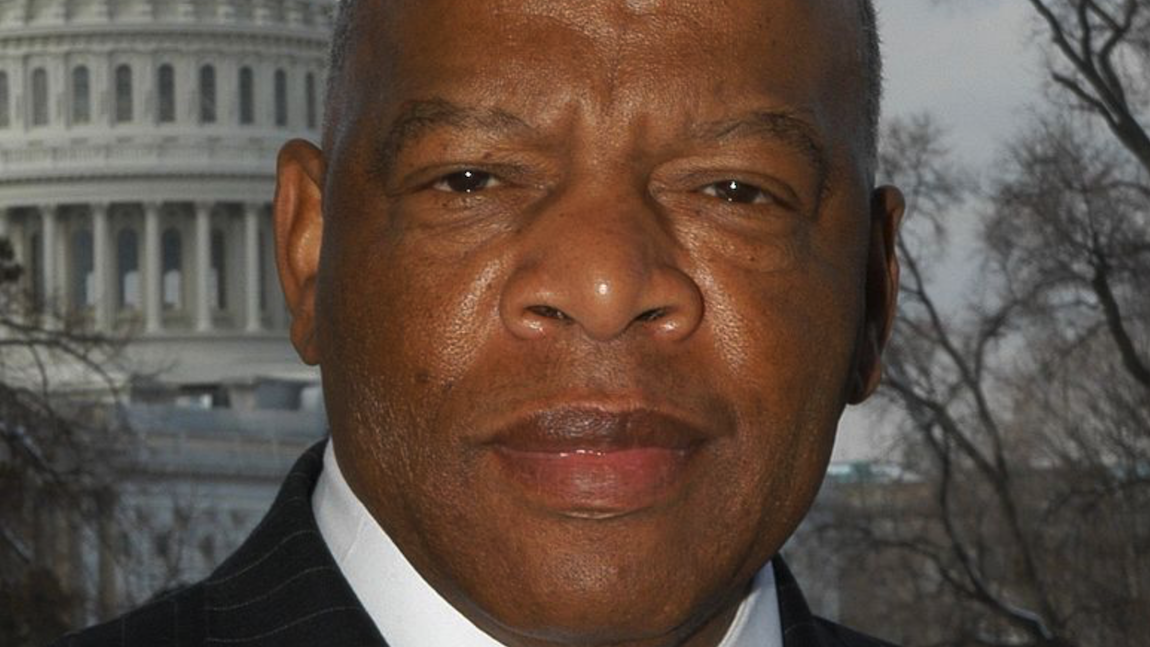By Jeremy Holland
There is a smokescreen of confusion being spread by those who are cynical about the power of democracy, about the power of the people to decide for themselves. We have seen this recently with the preposterous lie perpetuated by many in Republican leadership during the Stop the Steal campaign. It’s as if the presidential election was rigged and that democracy had failed. Nothing could be further from the truth.
Since this lie did not take root and overturn the election, Republicans have moved on to new tactics of deception, mainly under the guise of a terrifying specter known as “critical race theory (CRT).” Alas, from the ashes of the failed rally cry of “Stop the Steal” comes the next divisive scare tactic.
To understand the reason behind this new Republican propaganda, the American people must ask these vital questions: What is critical race theory? Are teachers really teaching this in K-12 classrooms? If not, why are people so afraid of it?
To answer these important questions, we must first go back to Summer 2020 and consider the national context surrounding race relations. Reacting to the horrific murder of George Floyd by Minnesota police officers, the Black Lives Matter social movement became the largest mobilization of Americans in history. Estimates range from 20 to 26 million Americans participating in the protests with an average of 140 protests occurring each day.
The high media visibility of police brutality and the younger generation wanting to discuss and solve racial tensions has made the conversation about race in the U.S. go mainstream. Sales of anti-racism books like White Fragility: Why it’s so Hard for White People to Talk about Racism jumped over 2000 percent after the protests began. So, from this perspective, we can see that Republicans are trying to shut down an honest and open dialogue about race amongst the American people before it really starts in earnest.
What is Critical Race Theory?
Now, to the question of definition. The theoretical framework of critical race theory began to be taught in some law schools and colleges in the 1970s to explain obvious and persistent racial inequalities baked into the criminal justice system. In other words, it is a way to recognize and dissect what is commonly known as either institutional or systemic racism.
As a teaching sociologist myself, I find that critical race theory is not a radical or new approach to understanding race. In fact, the concept of institutional racism can easily be found in any collegiate introductory sociology text, and we have been openly discussing it in higher education for decades. So, every time you hear someone use the phrase “critical race theory” in a pejorative manner, just know what they are really saying is that they do not want students learning about systemic racism.
For those who may not have thought much about race, the idea of systemic racism might not seem obviously true. This makes sense if we are thinking of racial issues only in terms of racists and antiracists. From this viewpoint, you cannot have racism without having an openly bigoted person to pin the blame on. Yet, the fact of the matter is we already have laws on the books and there is a deep-rooted social inertia within our major institutions. So, in general, Americans are being less openly racist. Yet, the precedent of racism, in effect, has been institutionalized.
Is Critical Race Theory Taught in K-12 Schools?
Inaccurate claims about what is being taught have caused parents to pack school board meetings. Armed with dubious talking points from conservative social media outlets, parents are pushing for resolutions to restrict teaching, curricula, or professional development concerning race in America. Several states have even passed laws banning classroom discussion of “divisive concepts” and threatened districts and teachers with steep penalties for noncompliance.
At this moment, 27 states have introduced bills or taken other measures to restrict teaching critical race theory and placing limits on how teachers discuss racism in the classroom. Twelve states have enacted these bans through legislation.
However, there is one glaring problem with these pieces of legislation calling for the end of teaching critical race theory. Mainly, no one was teaching it in K-12 schools to begin with. To combat this disinformation campaign, the Learn From History Coalition has created toolkits for school board members, school system leaders, teachers, and parents outlining how to counter false accusations.
South Carolina
To understand what is being outlawed through state legislation, let’s look at the proposed bill that would ban critical race theory from public classrooms in South Carolina.
Bill 4325 has been introduced in the House and currently resides in the Education and Public Works Committee. It states that “public school district, public schools, and public institutions of higher learning may not direct or otherwise compel students to personally affirm, adopt, or adhere to the tenants of critical race theory.”
So, what are these sinister “tenants” that must be avoided at all costs. The bill goes on to spell these out. First, no one can teach that “any sex, race, ethnicity, religion, color, or national origin is inherently superior or inferior.” I am unsure why this verbiage needed as it plainly states that any teaching of essential superiority, racial or otherwise, is not acceptable. Yes, we already knew that.
Second, no one can teach that “individuals should be adversely treated on the basis of their sex, race, ethnicity, religion, color, or national origin.” Again, we as Americans have the federal Civil Rights Act of 1965 that already covers outright discrimination based on these categories. So, what’s the point of this?
And thirdly, no one can teach that “individuals by virtue of sex, race, ethnicity, religion, color, or national origin, are inherently responsible for actions committed in the past by other members of the same sex, race, ethnicity, religion, color, or national origin.” This last provision indicates that the teacher should not make someone feel guilty for what their ancestors did in the past to other people groups.
Of course, someone alive today who is trying to be inclusive and non-racist is not directly responsible for what happened in the past. However, White people in the U.S. should recognize that there are certain social and economic advantages we have due to the strict caste-based hierarchies of the not-so-distant past. This recognition should also not lead to paralyzing guilt, but a productive moral responsibility and determination to do something about how racism still impacts our society today.
Why are People so Afraid of CRT?
Now that we understand what critical race theory means, and the legislation that is meant to “ban” it from the education institution, we can ask the pressing social question: Why are people so afraid of critical race theory?
This all started in August 2020 when a conservative activist Christopher Rufo went on Fox News and declared a “one man war” against critical race theory, claiming federal diversity trainings were dividing workers and indoctrinating government employees. Before long, President Trump took on Rufo’s narrative even issuing an executive order that banned racial sensitivity training for federal government workers, which has since been rescinded by President Biden.
Stepping back, it seems like the Republican’s engine of confusion is about to run out of steam. Extensive research of American parents has revealed that a broad bipartisan majority of Americans want students to learn an accurate, fact-based account of American history, that they believe racism is widespread and harmful to society, that schools have a responsibility to teach that racism is wrong, and that schools should ensure that all students feel like they belong and can see themselves in the curriculum.
In truth, it is long past time for us to be having an open, compassionate, and thoughtful conversation on systematic racism and the vast majority of Americans are ready and willing to meet that challenge.
This article is one in a series that HCDP is developing calling out Republicans for their false and misleading statements and for divisive actions that are harmful to our country, state, and region. It’s all part of our #RISEUP! initiative now underway.
Are you ready to help?
Act now and get involved. Join the many HCDP volunteers who are working to spread the word. And please donate to our #RISEUP! Campaign. You can donate online or mail a check to the Horry County Democratic Party, P.O. Box 51522, Myrtle Beach, SC 29579.
The time to act is now!






